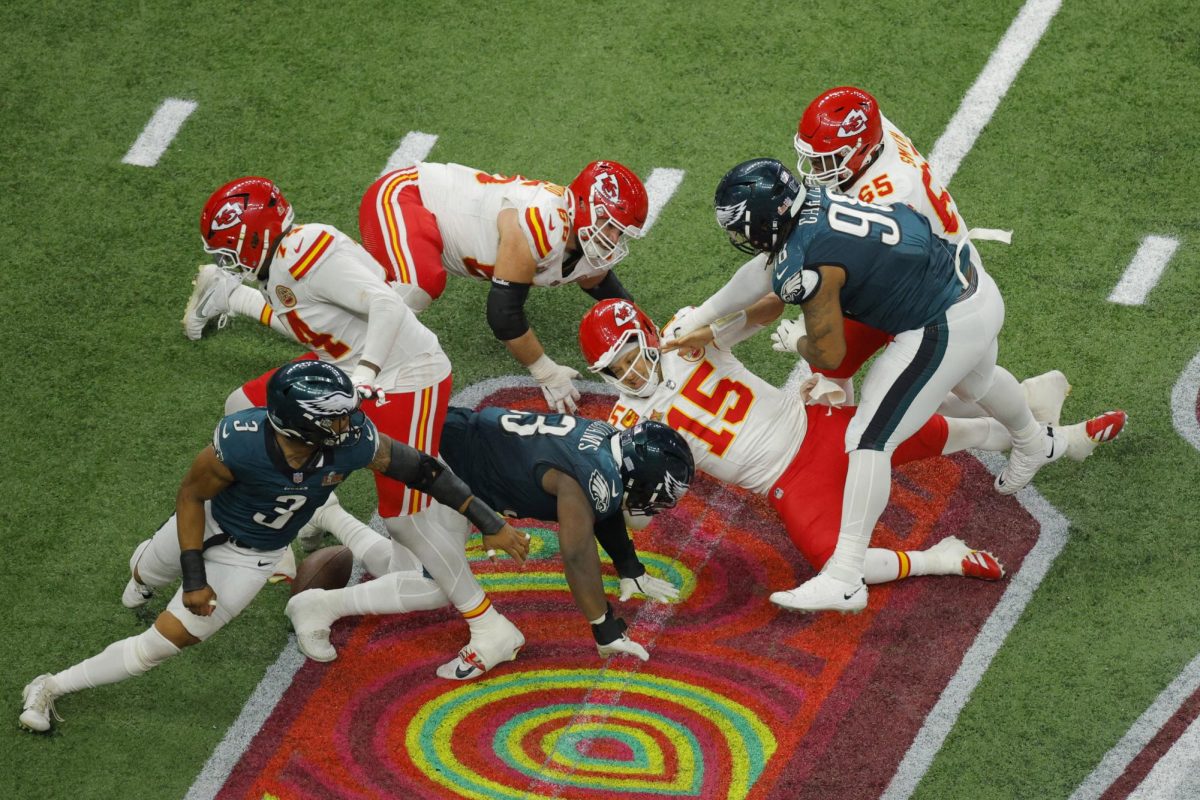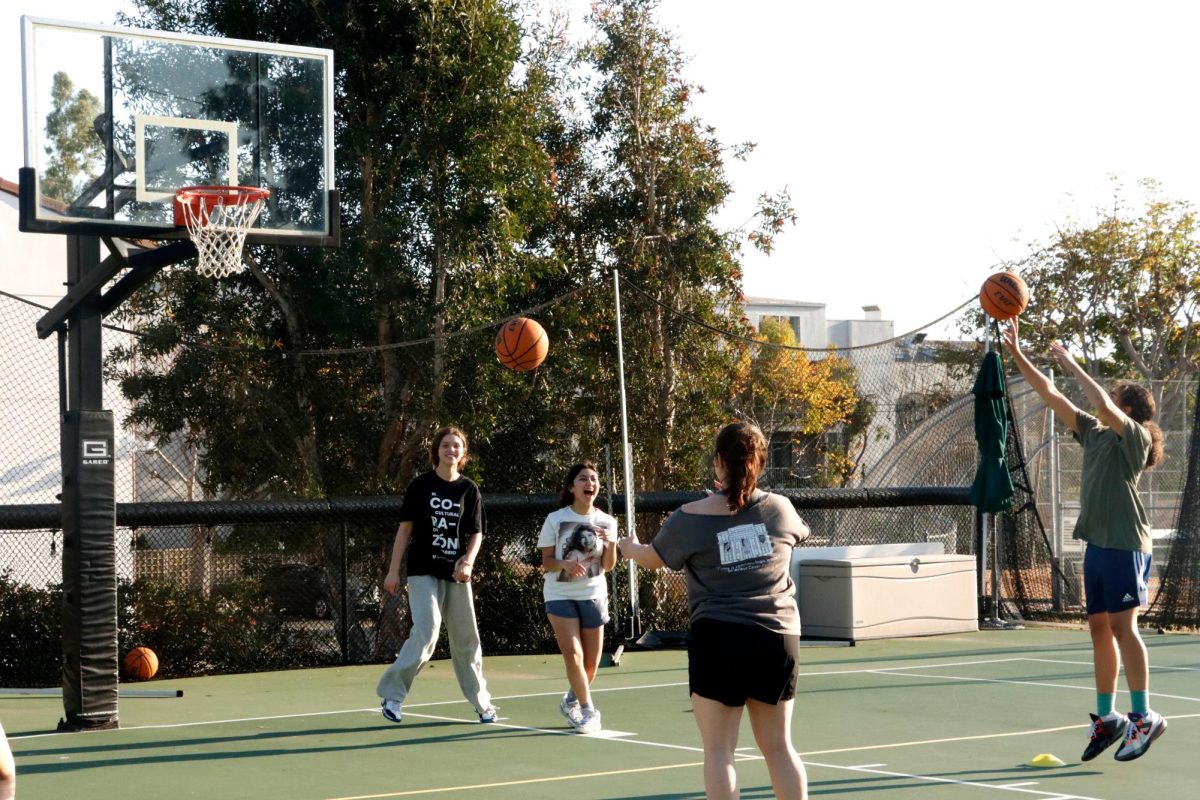In a world where the Olympic Games are meant to unite all countries through the universal language of sport, why are some athletes met with suspicion instead of celebration?
During the 2024 Summer Olympics, Chinese swimmers faced relentless scrutiny and accusations of doping: using performance-enhancing drugs to gain an unfair athletic advantage. The New York Times revealed in April that 23 Chinese swimmers tested positive for a banned drug, trimetazidine, in 2021, but were cleared to compete in the Tokyo Olympics. The Chinese swimming team has been under a lot of public pressure ever since news of the positive tests was released.
Following the report, however, they were forced to complete far more doping tests than athletes from any other country, with approximately 21 tests per swimmer performed, since the beginning of 2024. In comparison, Australian swimmers were tested an average of four times, since the start of the year, while American swimmers were tested an average of six. During the Olympics, the testing intensified to as many as seven tests per day, for which they were often forced to wake up as early as 5 a.m. to stand in line, disrupting their rest and routines.
Despite undergoing rigorous testing mandated by World Aquatics and consistently yielding clean results, Chinese athletes continue to be judged based on their past incidents. The world has never really given them a second chance.
Chinese swimmer Pan Zhanle won a gold medal in the 100-meter freestyle and set a new world record this summer, finishing 1.08 seconds ahead of Australia’s Kyle Chalmers. However, Pan faced backlash from coaches from other countries, even though he was not among the 23 swimmers previously involved in doping incidents. Australian coach Brett Hawke took to Instagram to claim that Pan’s world record in Paris was not “humanly impossible.” In addition, Pan mentioned that swimmers from different countries were not friendly towards him, even ignoring his greetings.
During a press conference, reporters asked one of Pan’s teammates, Zhang Yufei, about the possibility of him doping, given the scrutiny surrounding Chinese swimmers. She questioned them back, saying, “Why are Chinese swimmers questioned when they perform well? Why didn’t anyone question Michael Phelps when he won eight gold medals?”
Let’s be honest — it’s a common stereotype that playing standards and expectations are sometimes lowered from less prominent countries, but that doesn’t justify showing disrespect when athletes from non-Western countries perform well. That doesn’t mean when they achieve incredible feats we should respond with suspicion.
This scrutiny not only followed China’s swimmers — it also extended to tennis women’s singles gold medalist Qinwen Zheng. After a match against American Emma Navarro, Navarro grasped Zheng’s hand, locking eyes with her in a tense exchange at the net. Navarro later told the media that she didn’t respect Zheng as a competitor.
Before the Olympics, The New York Times published an article titled “A Doping Scandal” highlighting the controversy surrounding Chinese swimmers. However, like many other mainstream media outlets, the focus remained largely on past doping incidents rather than the present. Articles like these reinforce negative assumptions about these athletes and encourage readers to be suspicious of Chinese athletes as they fail to include vital contextual evidence. The Washington Post even claimed that “The 12 medals that Chinese swimmers won in Paris will forever be tainted,” implying that their achievements will be permanently questioned. This type of reporting perpetuates unfair bias against them, shifting the focus away from their real successes and painting them as untrustworthy.
The Olympics is often painted as a place of fairness and unity, but for many athletes, especially those who don’t come from less prominent countries, it’s not always that way. These athletes don’t deserve to be treated with disdain or suspicion, yet that’s exactly what they face.
The games should be a celebration of athletes from all over the world, highlighting individuals’ unique cultures, talents and diversity. Yes, the competition is fierce, but it is also a rare opportunity for athletes and spectators alike to connect and learn from one another. It is time we start giving athletes a second chance, especially those who come from countries that have faced past sports controversies. If we constantly operate from the mindset that one group is somehow inferior to another, we are not just failing on the field—we are failing in how we treat others.



![The Paris 2024 Olympic swimming pool is filled with bright lights and spectators. The Olympic games were held from July 26 to Aug. 11. While the event is meant to symbolize global unity, athletes from non-Western countries were met with accusations and scrutiny. [Paris 2024 Olympic Games] by [Roman Koksarov] is licensed under [CC BY 4.0.].](https://archeroracle.org/wp-content/uploads/2024/09/53891226234_11677c1e9f_o-1-1200x831.jpg)
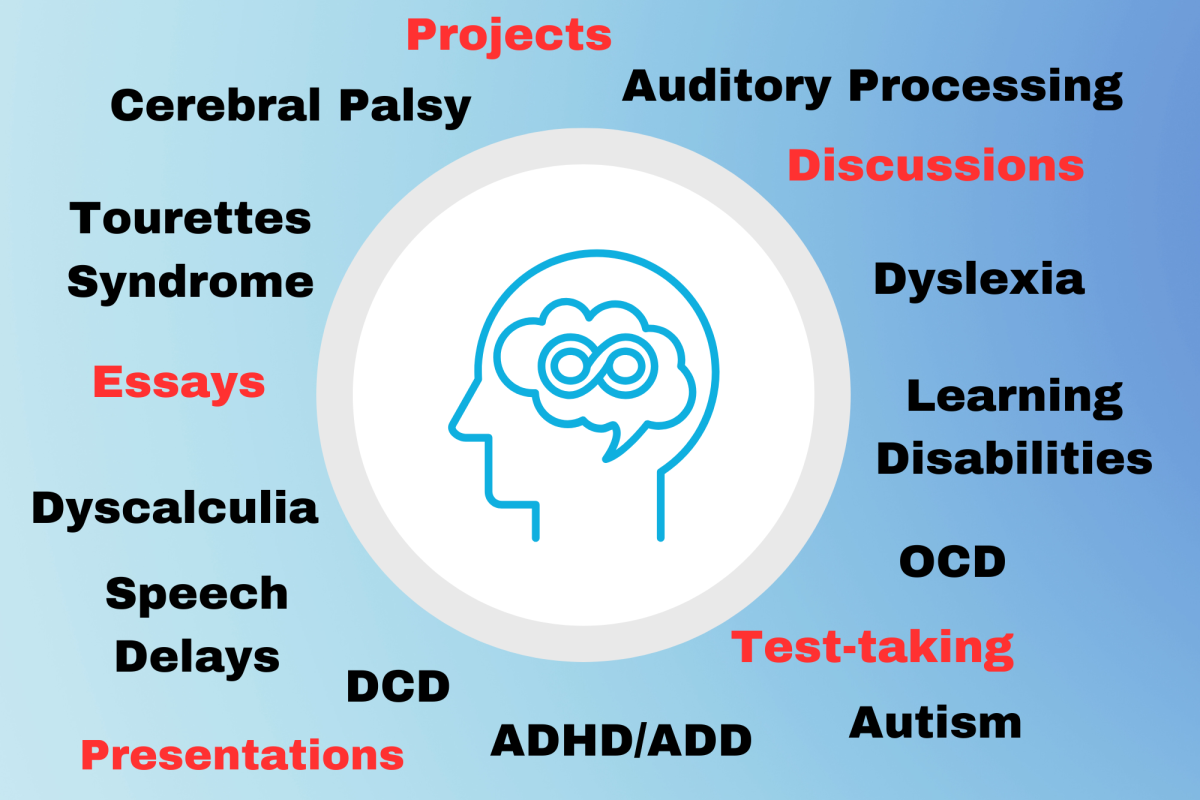





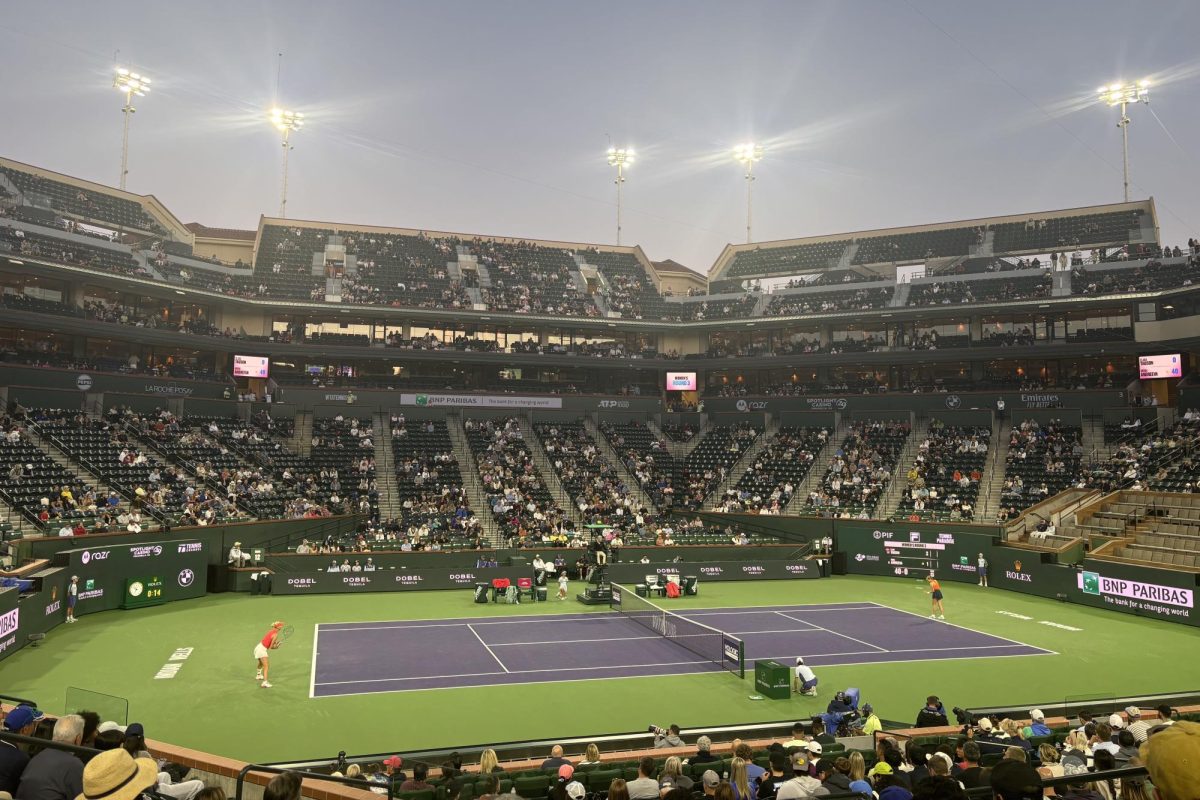
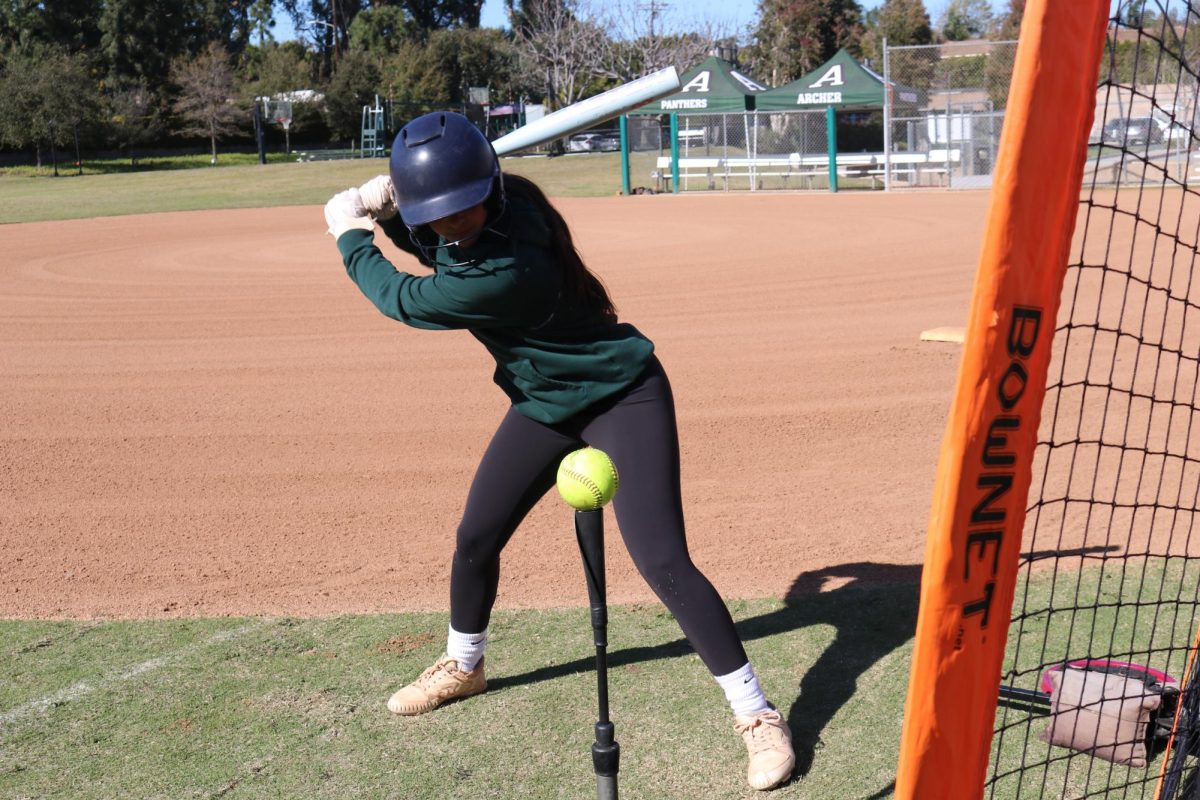

![Laila Boodell ('28) gently hugs her show horse, Calvin, while on a walk around her barn. "[Calvin] is gigantic, but he's like a little puppy," Boodell said. "He's insanely obedient."](https://archeroracle.org/wp-content/uploads/2025/02/MG_0073-1200x800.jpg)
